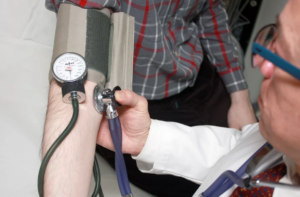Several Types of Malpractices That You Need to Know
Surgical malpractices or medical errors are a prevalent condition that occurred when the doctor made inaccurate treatments for the patient. For instance, a heart surgeon might take the wrong heart or not get rid of a surgical instrument in a patient’s body before closing incisions with a hammer. The surgeon may make a split-second decision in a procedure that may or may not be construed as malpractice. The following are several types of malpractices that you need to know.

Medical Chart Mistakes
In this situation, a nurse or doctor makes a mistake in the medical record, leading to other errors, such as administering the wrong medication or performing an incorrect medical procedure. As a result, this condition could point to a lack of appropriate medical remedies.
Improper Prescriptions
This point can also lead to the failure to provide proper medical care. The physician cannot assess what other medications the patient is taking, which causes one remedy to be mixed with another in a harmful way. For example, it can be toxic if a cardiac patient is given a particular migraine medication.
Anesthesia

These types of medical malpractice cases are typically performed against an anesthesiologist. These professionals supply sufferers medicine to put them to rest throughout the surgery. The anesthesiologist typically stays in the functional area to monitor the person to see if the anesthesia is making issues or if the anesthesia effect is wearing off during the procedure, causing the person to wake up too soon.
Delayed Diagnosis
If a doctor does not determine that someone has a severe medical condition, that doctor could be sued. This point is terrible for people living with cancer who need to find out about the disease as soon as possible. An incorrect analysis can lead cancer to grow before it has been identified, threatening the patient’s life.
Childbirth Malpractice
Errors that occur at the child’s birth can cause irreversible harm to the child and mother. Such cases sometimes require a lifetime commitment from workers’ compensation insurance and can therefore be very costly. For example, if a child is born with brain damage due to medical negligence, regular obligations may be placed on the family to care for the child for life.
Misdiagnosis

In this situation, the doctor diagnoses a sufferer as having a disorder other than the accurate health. This point can lead to unnecessary or mistaken operations, along with harmful prescriptions. Also, it can lead to the same harm as deferred identification.
